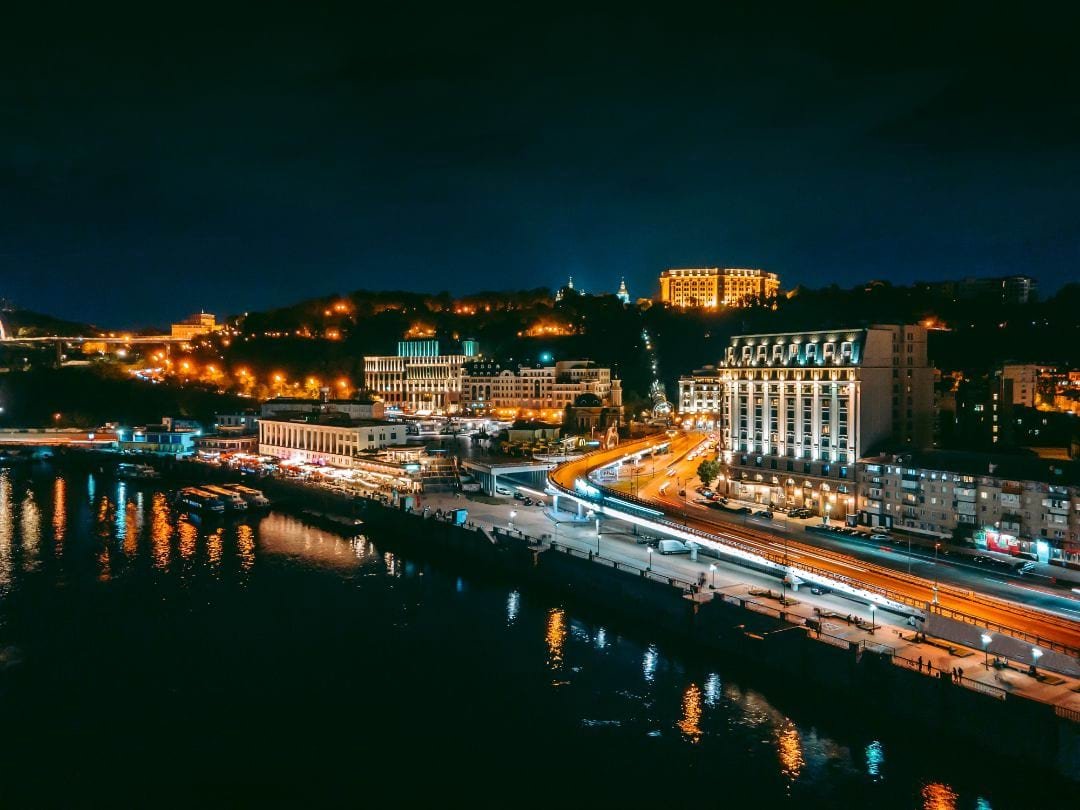

Night Trains Between Prague and Croatia’s Rijeka to Operate Again From Mid-June to September 30
The return of the connection offered by RegioJet comes following the successful operation of the same line last year, which in particular has attracted great interest amongst Czech and Slovak tourists, AtoZSerwisPlus.com reports.
RegioJet, a private Czech provider of passenger rail and bus transport, is also offering summer bus services to another two cities in Croatia – Split and Ogulin, though only until August 31. In total, the same provider offers services through either bus or train to a total of 56 destinations in Croatia.
Regarding the night train to Rijeka, the same will start its journey in Prague in the Czech Republic to Rijeka in Croatia, will pass through B?eclav and Bratislava in Slovakia to its final destination in Celje in Slovenia.
The train from Prague will operate every Tuesday, Friday, and Sunday from 4.45 pm, the while the train from Rijeka will depart on Mondays, Wednesdays, and Saturdays at 2.55 pm.
The train can carry approximately 600 passengers in one trip in its fifteen cars.
Passengers will have to pay around €50 for a standard ticket in a six-berth compartment, while larger compartments will be more expensive. Tickets have already been put up for sale.
Data by HRTurizam show that last year, the average train occupancy was higher than 90 per cent, which means that over 60,000 passengers have been carried in both directions.
Due to Croatia becoming a Schengen Area member, it will be even easier for travellers to travel by night trains, as their sleep will no longer be disturbed when passing from Croatia to the Czech Republic since the internal borders have been abolished.
The number of night trains throughout Europe has been increasing post-pandemic as the continent is attempting to shift towards more environmental-friendly means of transport. According to the European Environment Agency air travel generates 252.8 grams of carbon per kilometre travelled, while rail travel only emits 22.4 grams.
Currently, Europe accounts for 60 per cent of the world’s high-speed rail lines, while Asia accounts for 30 per cent of them, and the remaining ten per cent are in the Americas and Africa.
In August last year, AtoZSerwisPlus.com had reported that Europe is planning to connect more than 200 of its cities with night trains by 2030, from Lisbon in the west to Moscow in the east and from Helsinki in the north to Malaga in the south.


















